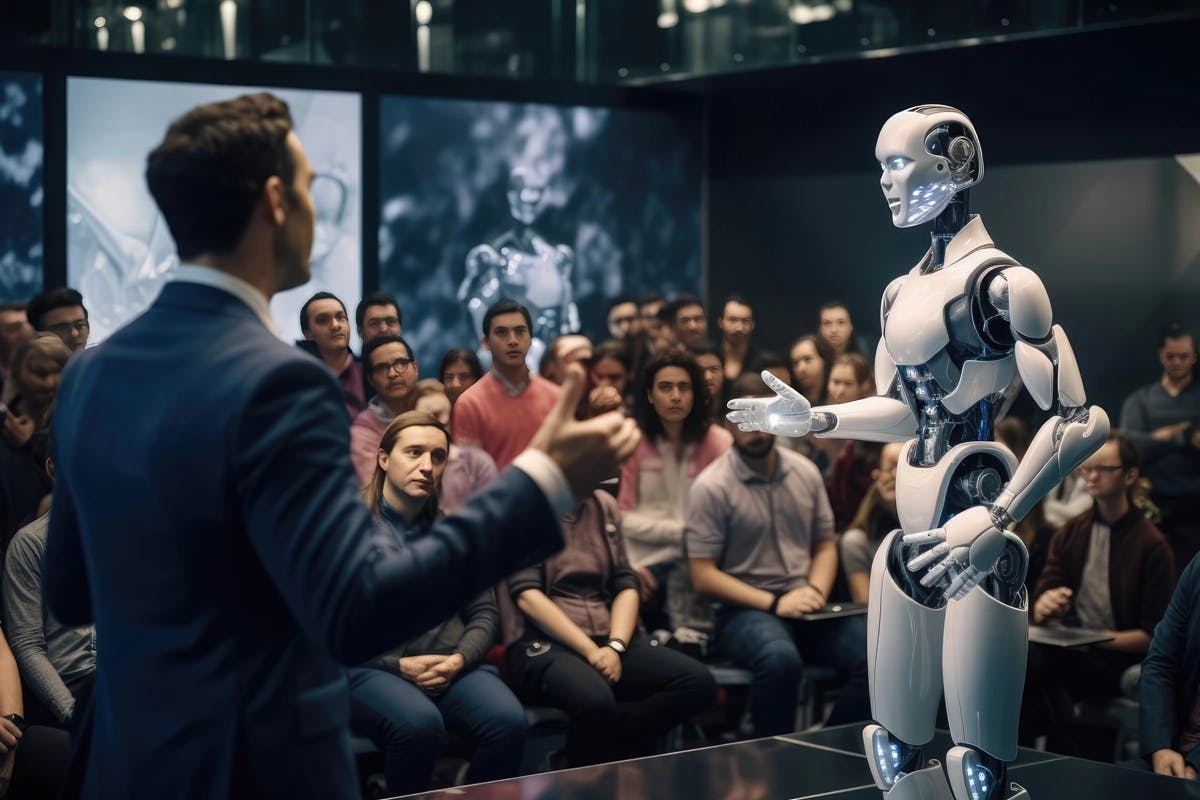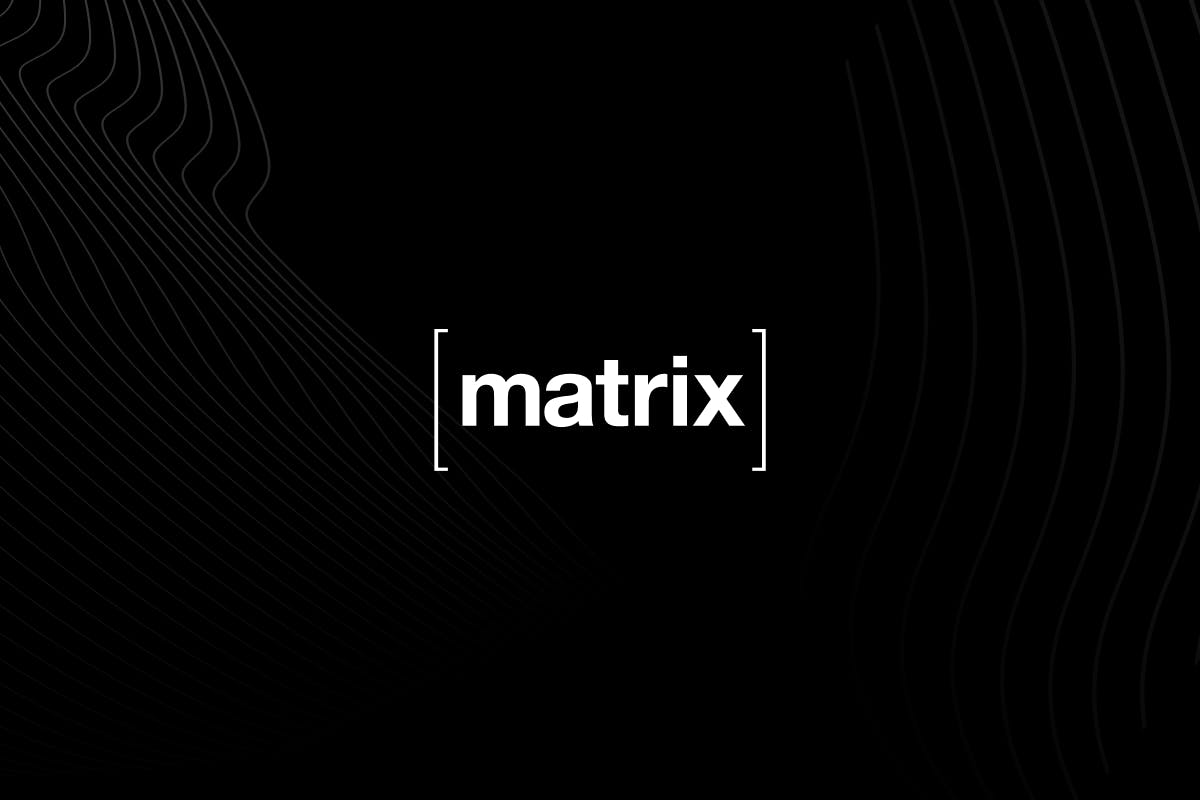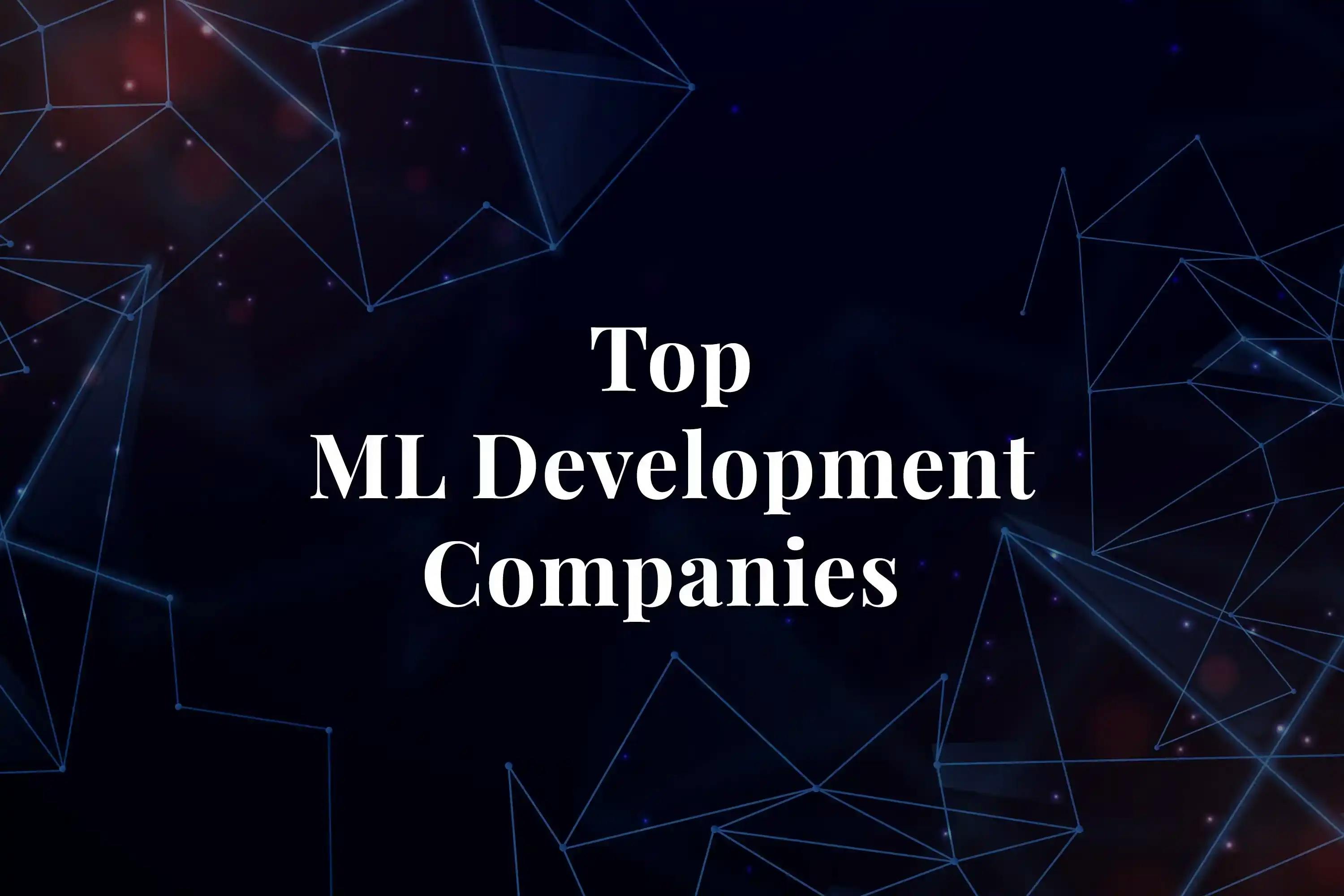


The event planning world is always changing with new advancements. Taking advantage of technologies has become crucial for event organizers to stay on top. One advanced technology transforming the events industry is machine learning. Event professionals can streamline processes, personalize experiences, and gain invaluable insights that were previously challenging or impossible to obtain with the usage of Machine Learning in the event Industry. Event planners can take their events to new heights by using machine learning to optimize various facets like marketing, logistics, networking opportunities, and attendee satisfaction.
Machine learning enhances event management in many ways and offers various advantages for event planners, organizers, and attendees. Check out some key impacts below:
Machine learning (ML) algorithms can analyze massive amounts of data, including historical event information, venue capacities, attendee preferences and external factors like weather and traffic patterns. This analysis helps event planners to make well-informed decisions related to venue selection, catering, transportation, and scheduling. The usage of ML in Event Industry 2024 optimizes resource utilization and minimizes disruptions that ensure smooth event execution.
Event organizers gain indepth insights into attendees' preferences, interests, and behaviours using ML in the event Industry. This knowledge enables the creation of highly personalized experiences tailored to individual attendees. From customized content recommendations and networking opportunities to personalized event schedules and targeted marketing, machine learning (ML) ensures each attendee has a unique and engaging experience that resonates with their specific interests and requirements.
One impressive way machine learning enhances event planning is by boosting attendance through real-time analysis. Event organizers can make data-backed decisions to keep guests involved and satisfied throughout the gathering using Machine Learning in the event Industry. This means quickly adjusting strategies to ensure an engaging experience from the initial stage to finish.

Another revolutionary is machine learning's ability to predict future outcomes based on past data. Event planners can use these predictive analytics to forecast attendance numbers, foresee issues or bottlenecks, and optimize resource allocation accordingly. This proactive approach leads to smoother, more efficient, and more successful events.
want to handle events using AI? Use the most advanced MLs immediately!
Machine learning also automates many tedious tasks like registration, check-in procedures, and attendance communications. Automating these manual processes minimizes errors while freeing up organizers to focus their efforts on higher-level planning and management duties. From mundane admin work to big-picture strategizing, machine learning lightens the load by handling routine works intelligently.
AI technology plays a big role in changing the events industry by making smart applications and solutions. Here are some ways AI is helping the events industry:
Virtual assistants and chatbots can give attendees information in real-time by using artificial intelligence. These smart helpers can answer questions and make personalized suggestions. They ensures attendees get quick and correct responses. Clara is one of the most recommended AI tools for the event industry that acts as a human-like AI virtual assistant and makes things simpler for its users.
Facial recognition systems use AI to make checking in and registering attendees easier. They can also track who is at the event in real-time. This technology helps keep the event secure. It also gives valuable information about how attendees move around and behave. Clearview AI is one such practical AI tool for event organizers that helps in automated facial recognition and attendance tracking.
Artificial Intelligence (AI) can study information about attendees. This includes their interests, hobbies, and who they want to network with. AI then uses this data to suggest connections or meetups. This helps people meet others with common interests and goals. AI matchmaking leads to more meaningful relationships and partnerships at the event. One of the most popular event management tools Swapcard can do a detailed analysis of attendee profiles and suggest relevant matches using ML.
Computer vision is an AI technology that can "see" and analyze visual data. It can study attendees' facial expressions and body language during the event. AI can also analyze social media posts mentioning the event to understand people's opinions. With this feedback, event organizers can improve attendee experiences for future events. One tool that you can use in facial analysis is Kairos. This AI-based tool can do facial analysis to analyze the reactions of the participants.
Natural Language Processing (NLP) is an AI technology that can understand human languages. NLP systems can automatically transcribe speech to text or translate between languages. They can also summarise long documents into shorter versions. NLP makes events more accessible for attendees who speak different languages. It also helps disseminate event information more efficiently. AI tools like Google Cloud translation can use NLP to transcribe event content for the participants.
Artificial intelligence and machine learning have the ability to help people plan and run events in many useful ways. These advanced technologies can make the event planning process easier and better for the organizers and attendees alike. Here are some key examples of how events can be planned successfully with the help of Machine Learning in the event Industry in 2024 :
Machine learning programs can look at information about different venues like their size, features, accessibility, and location. The programs analyze this data to find venues that fit the needs and preferences of the event organizers and attendees. This helps match the right venue to the event's specific requirements.
Machine Learning algorithms can create optimised schedules and agendas by studying data from past events, the interests of attendees, and the availability of speakers. These schedules ensure popular sessions are timed well, account for speaker availability, and avoid overlapping sessions that attendees may want to go to. Creating conflict-free schedules enhances the overall experience for everyone at the event.
Registering and checking in attendees at events can be a hassle. But ML in the event industry can help make it easier! Using facial recognition and other cool AI tech, computers can automatically register and check-in people. This saves time and makes things run smoothly for everyone.
Recommendation engines are like having your personal event assistant. They use machine learning to look at each person's likes, dislikes, and what they've done at past events. Then they suggest sessions, exhibitors, networking opportunities, and other stuff they think you'll enjoy based on your unique interests. It's super handy for finding the right events and activities just for you!
Promoting and marketing events is a big job. But machine learning can lend a hand. These algorithms dig into data from social media, websites, and more to figure out the best promotional strategy for the event.
It is better to understand how machine learning can help make events successful. There are many ways machine learning can improve events. Let's look at some examples:
Event apps that use machine learning can give each person customized information like schedules and notifications based on what they like and how they act at the event. This makes the event experience better and helps people stay interested. The app learns from each person's choice to provide relevant recommendations tailored just for them.
At events like conferences and trade shows, machine learning systems can analyse everyone's profiles, interests, and preferences to suggest potential connections. The system introduces attendees with shared interests or compatible goals. This facilitates meaningful interactions and helps people find useful partnerships or collaboration opportunities they may have missed otherwise. The more events the system learns from, the better it gets at making relevant networking suggestions.
Making events more successful and enjoyable for attendees is essential. One way to achieve this is by using sentiment analysis and feedback tools powered by machine learning. These advanced tools can examine feedback from attendees, social media posts, and other data sources. They can identify the overall sentiment and mood of attendees during the event. This valuable information helps event organizers understand areas that need improvement. Organizers can make data-driven decisions to enhance future events and provide a better experience for attendees with these insights.
Another powerful application of machine learning in event planning is demand forecasting and ticketing optimization. Specialized algorithms can analyze historical data, market trends, and external factors that may influence attendance. Based on this analysis, the algorithms can predict the expected demand for an upcoming event with high accuracy. This demand forecast allows event organizers to adjust pricing and ticketing strategies accordingly. Organizers can maximize revenue while ensuring optimal attendance levels by optimizing pricing and ticket availability.
Virtual and augmented reality technologies, powered by artificial intelligence and machine learning, are transforming the event industry. These advanced innovations create immersive, interactive environments that transport participants into an engaging digital world. Participants can explore fully simulated worlds, and boundless possibilities for networking, learning, and exploration with the help of VR. On the other hand, augmented reality smoothly blends digital elements with the physical world, overlaying virtual components onto real-life surroundings. This dynamic fusion enhances attendee engagement.
Planned to use AI to improve your event experiences? Get advice on how to apply machine learning to your company.
Machine learning is becoming more and more important in the events industry as technology advances. Here are some future trends to look out for when it comes to machine learning and events:
ML in the event industry in 2024 will make events even more personalized and customized to each person attending. The technology will be able to look at things like your personal preferences, the way you learn best, and how you usually act and behave. It will then use that information to make sure the event experience is extremely relevant and engaging for you specifically from start to finish.
In the future, advanced machine learning algorithms will get much better at predictive analytics. This means event organizers can use machine learning to predict things like how many people will attend the event, what kind of issues or problems might come up, and more. They can then use that information to plan and make changes to the event while it's happening to make it run as smoothly as possible.
Machines will get better at understanding natural language. Chatbots and virtual assistants will have more human-like conversations with people at events. They will communicate smoothly and comprehend what attendees say or ask. Their responses will feel natural, not robotic.
The events industry is rapidly changing, and its future hinges on finding the perfect equilibrium between using advanced technologies like machine learning and preserving the human touch that makes events genuinely unforgettable and meaningful experiences. Technology holds immense capabilities to streamline processes, enhance efficiency, and provide valuable insights. However, technology should never overshadow the essence of events – the human connections forged through shared experience.
Codiste is a pioneering AI app development company that uses machine learning technology for various use cases in the events industry. As a top-notch machine learning development company, Codiste focuses on creating innovative solutions that use the incredible capabilities of artificial intelligence (AI) and data analytics. Codiste has developed innovative machine learning models and applications specifically designed to meet the unique requirements of event planners and organizers.




Every great partnership begins with a conversation. Whether you’re exploring possibilities or ready to scale, our team of specialists will help you navigate the journey.